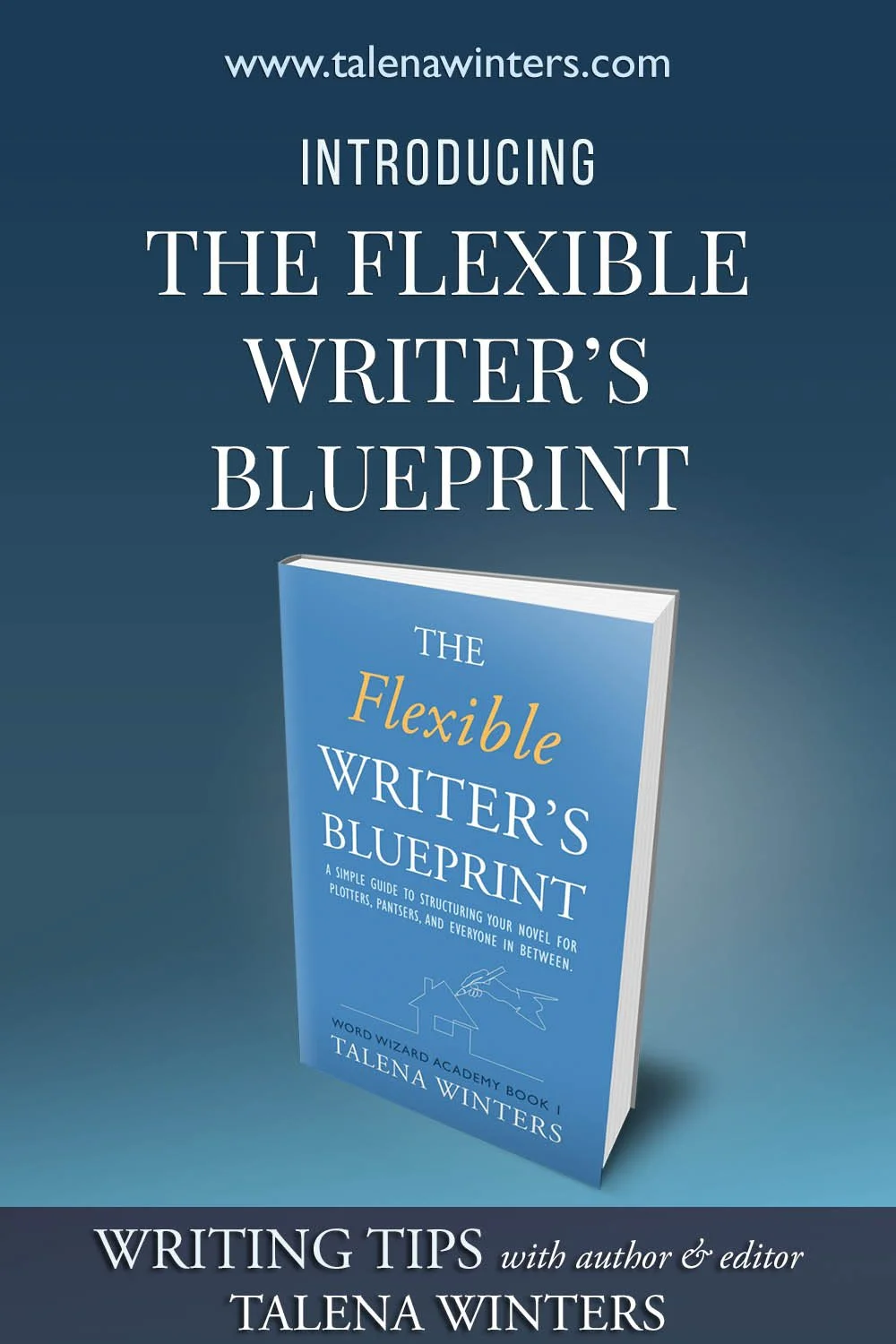Publishing Myths: Writers Write Every Day
*I’m interrupting my series about creating unputdownable stories for this post, but I’ll get back to it, I promise.*
It’s been one of those weeks I glory in as a writer. I’ve gotten to spend the whole thing working on revisions of my own, nearly completed book.
“Writing all the time isn’t the reality of running an author business, but it’s fun to live here for a week or two.”
In other words, what’s there is pretty good, and I’m just polishing to make it better. I’ve had to rewrite a few chapters, and that’s been a bit more challenging. But, for the most part, this is what I live for.
It makes me excited to get to my desk in the morning. It makes me excited to think about my next project. It makes me wish that I could just write glorious fiction all the time.
Writing all the time isn’t the reality of running an author business, but it’s fun to live here for a week or two.
However, that last sentence is often news to most new writers.
The Realities of Running an Author Business
Last weekend, I was selling books at our local farmer’s market and met an aspiring writer who, I could tell, was struggling with some of the lies that are commonly disseminated in the writing world.
This is one of the lies that came up as a reason she was struggling to complete her great book idea:
“I know I need to write every day…” she said uncertainly. “Stephen King says—”
“No. You don’t,” I said firmly. “I don’t. And look at all the books I’ve completed.” I gestured to my full table of titles on display.
That had obviously never occurred to her. Because Stephen King said once in a book that to be a successful writer, you need to write every day, and he’s so very successful, it must be true.
I mean no disrespect to Mr. King, because some writers absolutely do better writing every day, and he is obviously one of them. But, not only is that not true for everyone, it’s certainly not true for every business model.
Stephen King got into publishing at a time when almost the only viable route was to license your work to a publishing house. In return, they promised to do a good deal of the marketing and promotion for you, and they also handled the admin, accounting, hiring, firing, and other business activities that publishers are required to do in order to create a physical book product and get it into reader’s hands.
What many aspiring and new writers don’t realize these days is that modern publishing isn’t like that. Not even for traditionally published authors, unless you’re already one of those big household names.
Modern authors do their own marketing, even if you’re traditionally published.
And indie authors are actually “indie authors and publishers”, so they do a heck of a lot more than just write books.
Let us not forget, most writers (especially new and aspiring ones) are nowhere near having their writing support them, so they actually have to do other things with most of their time that will allow them to pay their bills. Because it’s hard to be creative when you don’t have enough food to eat.
For some, it’s also hard to be creative when your art has been put in the role of supplying that food. There are many successful authors who could quit their day jobs, but don’t, in order to keep the pressure off the creative parts of their brains that like to play around in their fictional worlds. When your art is what you do to eat, everything changes.
(And, at that point, maybe you should write everyday… but not necessarily.)
The Realities of Having a Unique Author Brain
Quite aside from the many business tasks that fill a solo-preneur’s week (which is what indie authors—and, I would argue, all authors—are, unless they’ve grown to a larger company and can hire a team), not everyone’s brain works the same.
First of all, everyone needs rest. Saying one has to write every day implies that authors don’t need time to rest and refill their creative wells, which is a belief that will lead to disaster and burnout. (Ask me how I know.)
Second, there’s a lot more to creating an excellent story than writing new words.
I’ve proven to myself over and over again that, even when I get my butt in the chair to move my story forward four or five days a week, that doesn’t mean new words end up in a manuscript all of those days—or any of them, at times.
Because, for many writers, a lot of the process happens before you ever start writing. Or after you have a basic skeleton draft. Or after you’ve spent weeks or months developing a world and plot. Or even on the second or third revision. Or after hours lying awake in bed, thinking through that tricky plot question you need to solve before you can move forward.
Yes, for some writers, especially dyed-in-the-wool discovery writers, they will absolutely make the most progress when writing every day. But don’t believe the lie that you have to.
(If you need more convincing, I highly recommend you pick up the book Dear Writer, You Need to Quit by Becca Syme*, or any of her other books for writers.)
When you’re new, you should experiment. Try different processes, and see what works. But once you learn how you operate best… do that.
This isn’t a race, so be true to you and your own process.
Because the only right way to write a book is the way that gets you to the end.
Now, go forth and make some magic.
*I am an affiliate of Kobo, Amazon.com, Amazon.ca, and Amazon.co.uk. If you click through to one of those stores and make a purchase from this link I’ll make a few cents at no extra cost to you. I never recommend anything I don’t wholeheartedly support, though.
What do you want to know about what it takes to be a “real writer”?
Leave me a comment, and I’ll tackle that in a future post!









Do real writers need to write every day? I tackle this question in today's post to uncover what's myth and what's fact.